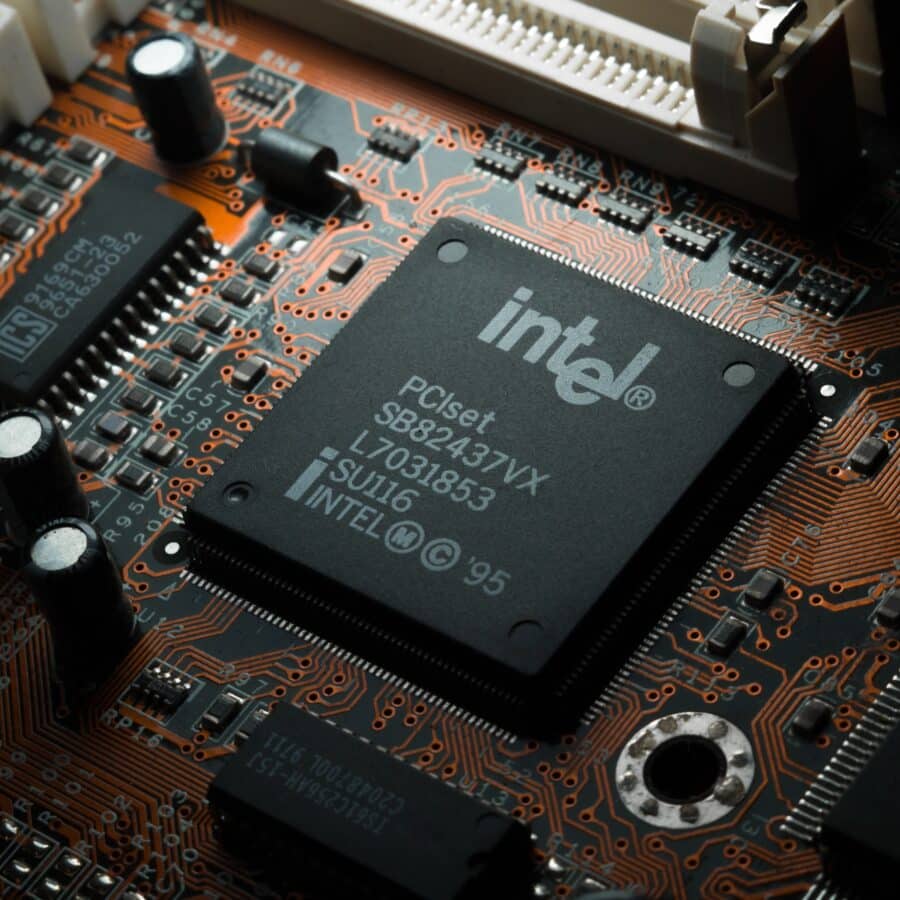Understanding Your Legal Rights and Remedies
2018 began with a bombshell report that instantly ignited a firestorm throughout the tech community. According to The Register,[1] all Intel chips from the past decade may have critical security flaws that could allow unauthorized access to passwords and other sensitive information. And to make matters worse, it appears that these flaws may only be fixable through a fundamental processing change that could slow computers using these chips down by up to 30 percent.
Intel chips are the dominant force in the marketplace. Chances are, if you purchased one or more computers in the past 10 years, at least one of those computers was equipped with an Intel chip that may be affected by the reported flaw. Thankfully, consumer protection statutes and other laws may afford you the right to monetary compensation and other relief.
What Is The Reported Problem?
Although the investigation remains ongoing, early reports indicate that the problem is a chip-level security flaw that may allow unauthorized access to information within the chips’ kernels. The kernels contain the most sensitive information in your computer—including passwords, cached hard drive files, and encryption keys, to name a few examples.
Ordinarily, information stored in the kernel memory is hidden and inaccessible by software programs and users. This information must be recalled thousands of times each day, however, as the computer performs various tasks. To do so, the processer must switch between kernel mode and user mode each time, to ensure that the user does not gain access to the information in the kernel memory.
Early reports suggest that Intel x86 chips produced over the past decade may have a flawed “speculative” method to expedite code processing by guessing what code is coming up next and then executing that code—“potentially without performing security checks.”[2] If this is so, then it may be possible for hackers or malicious software applications to gain access to the kernel memory—and the sensitive information contained in that memory—by taking advantage of the possibly flawed speculative process.
This problem has been commonly referred to as “Meltdown,” and is thought to be specific to Intel at this time. A related concern, “Spectre,” has also been identified, but not as much is known on that issue at this time. It is believed, however, that Spectre may have an even further reach, including all chips made by Intel as well as rivals AMD and ARM.
No Good Fix?
The problem presented by the reported Intel chip bug is particularly concerning because there appears to be no good fix. Several media outlets have reported that Microsoft, Apple, and others will be rolling out patches to address the potential security flaw. Unfortunately, the patches reportedly slow down computer processing speeds—and drastically so—with potential reductions of up to 30 percent in some instances.
As such, it appears that consumers may be forced to choose between leaving their sensitive information potentially susceptible to hackers or malicious programs, or installing one of the upcoming patches that may fundamentally impair their computer’s operation and processing speed.
Who Might Be Affected?
Several sites are reporting that the alleged flaw may affect all Intel chips produced over the past decade. This is concerning because Intel chips have proliferated the marketplace, and have been installed in computers running Microsoft, Apple, and Linux operating systems.
As a result, if you have purchased one or more computers over the past 10 years, it is highly likely that one of more of those machines was equipped with a potentially defective Intel chip. This is true regardless of whether the computer was a desktop or a laptop.
Do You Have Any Legal Recourse?
Most states have enacted consumer protection statutes which forbid companies from engaging in unfair and deceptive trade practices. Case law construing these statutes has further clarified that selling a defective product can constitute a violative practice. Other potential causes of action include, but are not limited to, breach of warranty, negligence, strict products liability, misrepresentation, and fraud.
Depending on the jurisdiction and applicable law, a consumer pursuing such a case may be entitled to seek a variety of different types of relief, including actual, compensatory, statutory, and punitive damages. Additionally, the consumer may also request equitable and declaratory relief, including, potentially, a Court Judgment requiring that all affected computers be recalled or replaced. Finally, the consumer may be able to ask that the Defendant be required to pay for all attorneys’ fees and costs associated with investigating and bringing the action.
If you believe you may have purchased a computer or other device that is potentially affected by the reported Intel chip defect, you should immediately contact an attorney licensed in your jurisdiction. Time is of the essence as there are a variety of deadlines—including, for instance, statutes of limitations and statutes of repose—which may forever bar your case if it is not filed by a certain date.
Our team is available to discuss this matter and answer your questions, at no cost to you, at (888)380-2809; or, if you prefer, you can send me a direct email at Ourand@NewsomeLaw.com.
[1] John Leyden and Chris Williams, Kernel-Memory-Leaking Intel Processor Design Flaw Forces Linxus, Windows Redesign, The Register, available at https://www.theregister.co.uk/2018/01/02/intel_cpu_design_flaw/ (Jan. 2, 2018).
[2] Id.


